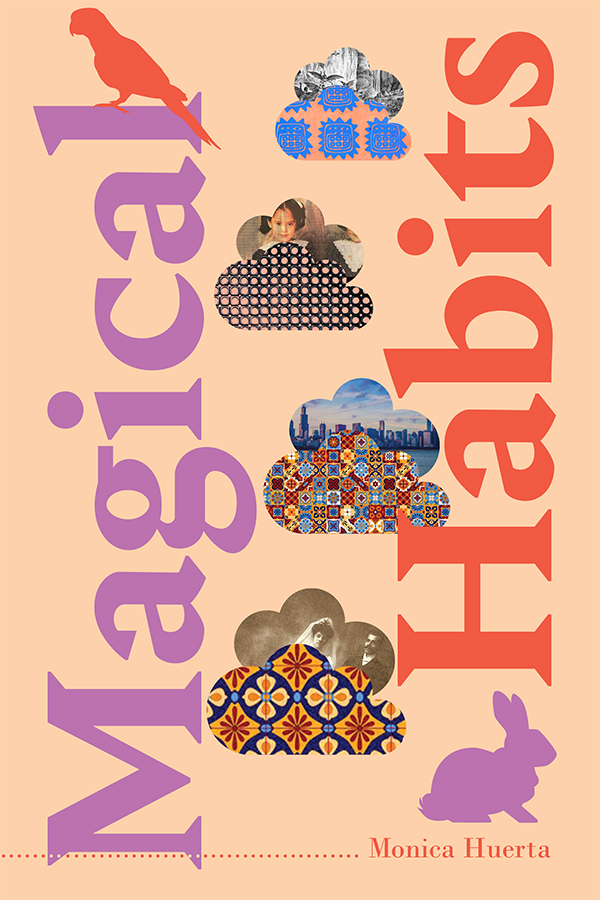In Magical Habits, Monica Huerta delivers a labyrinthine and whimsical study on the intersection between stories, race, place, and archive. The author’s lived experience as a second-generation Mexican immigrant living in Chicago is dissected to bring about an original understanding of how race complicates notions of history, capitalism, and narratives of the self. The reader’s curiosity will be piqued by Magical Habits’ experimental structure, and by the author’s decision to abandon traditional academic writing in favor of an intimate prose that fluctuates between storytelling and critical thinking.
Keyword: critical race theory
Editors’ Introduction: A Decade of Open Access in Cultural Studies
This issue marks the tenth year of publishing Lateral. We reflect here on this milestone and highlight work in the current issue, including a new forum on Cultural Constructions of Race and Racism in the Middle East and North Africa / Southwest Asia and North Africa (MENA/SWANA) and a special section on Cripistemologies of Crisis: Emergent Knowledges for the Present. We discuss several of these pieces in relationship to ongoing violence in Israel and attacks in the United States against “critical race theory” and conclude with calls for open access scholarship.
Review of Culture and Tactics: Gramsci, Race, and the Politics of Practice by Robert F. Carley (State University of New York Press)
In Culture and Tactics: Gramsci, Race, and the Politics of Practice, Robert Carley brings a wide array of theoretical and empirical study to make the claim that Antonio Gramsci was a critical race theorist, that Stuart Hall’s important theoretical contributions like articulation are necessarily Marxist to bring structure and agency, long “opposite ends” of the sociological spectrum together in dialectical terms, for one to build a foundation for his original theories. He does so too when uses Gramsci’s and his own work on race and ethnicity in early twentieth century Italy to bring light to the ideological aspects of today’s social movements of race and class. In doing so through his various methodologies, he introduces his theory of ideological contention to explain who social movement organizations organize their tactics and how those tactics influence how groups organize, or practice ideology. His theory of aporetic governmentality, built of the foundations of Michael Foucault and Eduardo Bonilla Silva elucidate the process of institutional racism and how is manifests at the cultural and individual level, bringing a much needed Marxist lens to the issues of race, class, and social movement theory. Carley succeeds in achieving an interdisciplinary work that encompasses the areas of research needed for scholarly work that not only analyze, but create innovate theories that add to the multiple fields of research.

